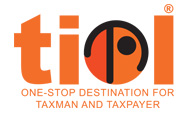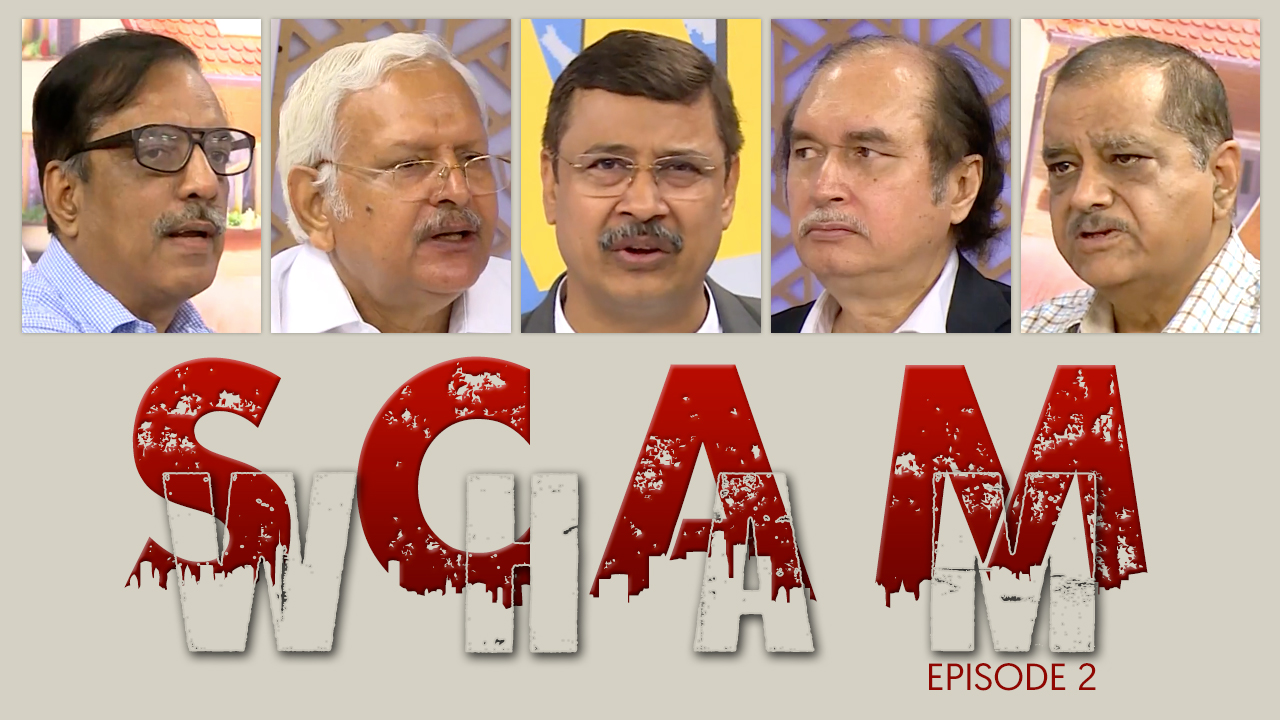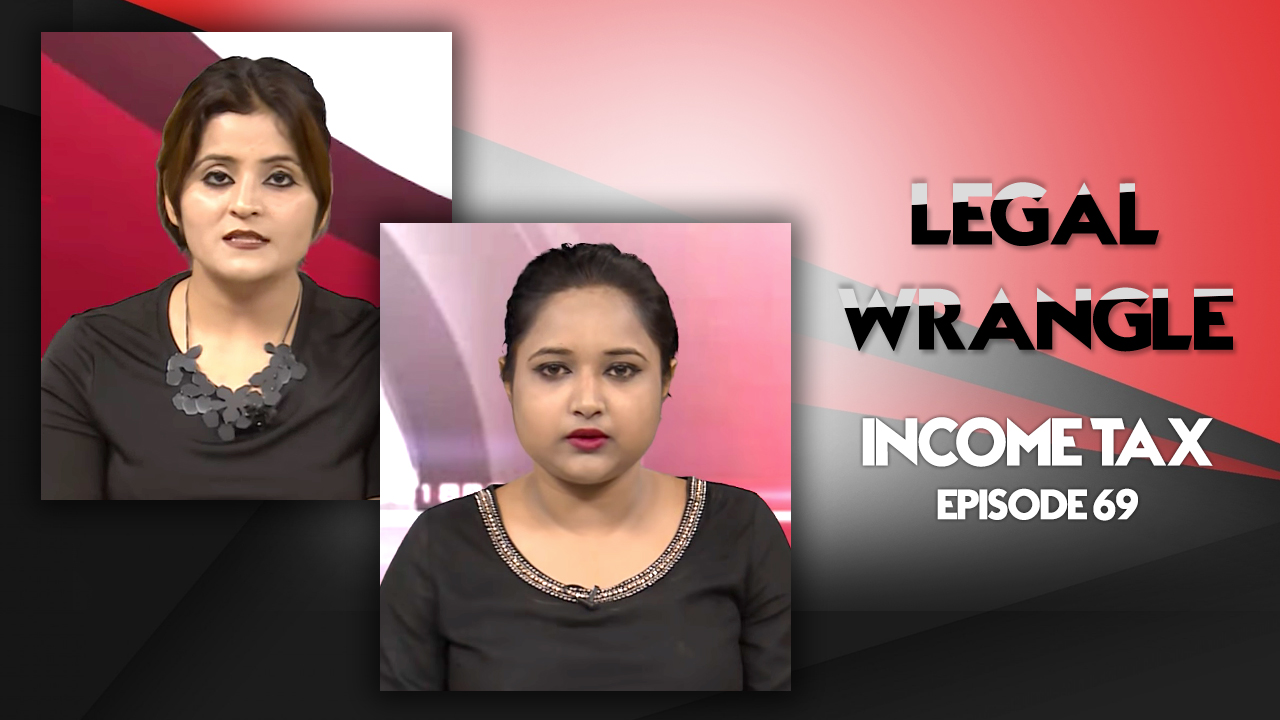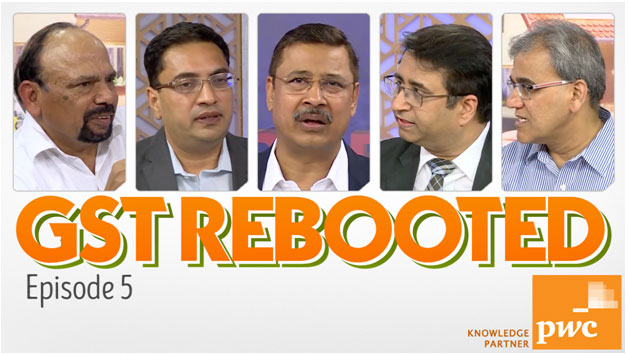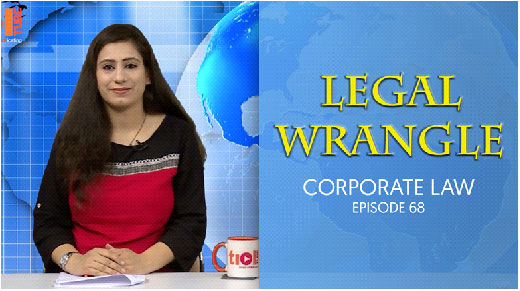SERVICE TAX SECTION
2018-TIOL-537-HC-KERALA-ST
ll Kerala Association of Chit Funds Vs UoI
ST - The assessees herein are engaged in the business of chit funds & the issue in these appeals pertains to the taxability of chit fund transactions - The transactions herein are pre-2012, between 2012 t0 2015 and also post 2015 - The present litigations arose when service tax was sought to be imposed on chit fund transactions - Pursuant to writ petitions being filed, the Andhra Pradesh High Court held that chit fund business was not covered under the Finance Act, 1994 - While the appeal against such decision was pending before the Apex Court, several writ petitions were filed before this court, and which were settled in favor of the Revenue - Later the Apex Court reversed the decision of the Kerala High Court - Based on such decision several writ petitions were allowed - One such judgment was challenged by the Revenue, claiming that the Apex Court had not considered the amendment in 2012 - The chit transactions were not assessed till 01.06.2007, wherein Section 65(12)(v) was amended to delete the words 'but does not include cash management' - Based on this the Revenue issued SCNs raising duty demands, leading to the present writs.
Held - Considered the definition of 'Banking & other Financial Service' u/s Section 65(12)(v) - The Andhra Pradesh High Court held that the deletion of 'cash management' from the inclusive definition would not enable the chit transactions to be taxed, since the said transaction would not come under the definition of cash management - The Apex Court affirmed such view & held chit transactions to be falling outside such terminology - In 2012, the new definition of 'service' u/s Section 65B(44) was introduced with a negative list - Hence the issue as to whether between 2012 and 2015, tax could be levied on the chit transactions is beyond the scope of dispute - The Apex Court having held in the negative, the issue is no longer res integra - Further considering the scope of the provisions u/s 65B(44), the transactions "by a foreman of chit fund for conducting or organizing a chit in any manner" were specifically excluded from the definition of transaction in money or actionable claim - Consequently, the chit transaction becomes taxable from 2015 onwards - Also considering the decision of the Apex Court in CIT v. Vatika Township Pvt.Ltd. , the amendment in 2015 cannot be called clarificatory & there can be no retrospective operation of such amendment - The Govt sought to include the transactions within the fold of 'service' & so amended the Finance Act, 1994 - As a corollary it must be understood that it was not taxable prior to the amendment - Hence the decision of the Apex Court covers the two periods as agitated before this Court - Revenue's writ is dismissed & the other Writ Appeals are allowed - Refund of amounts already collected be considered on individual basis: High Court (Para 2-9) - Assessee's Writ Petitions Allowed: KERALA HIGH COURT
CENTRAL EXCISE SECTION
2018-TIOL-999-CESTAT-DEL
Kisan Irrigation and Infrastructure Ltd Vs CCE
CX - Assessee engaged in manufacture of PVC/ HDPE Pipes, HDPE Sprinkler and cleared the same claiming the exemption under Notfn 3/2005 - Revenue contested the classification and eligibility to exemption on the ground that pipes cleared in a rolled running length are more appropriately classifiable under chapter 39 heading 3917, as plastic tubes and pipes - Admittedly, pipes in dispute are manufactured to IS specifications intended for irrigational lateral pipe - IS specification detailed the nature of product with required ingredient for intended purpose - This cannot be ignored, as done by Original Authority - Original Authority denied the exemption stating that if goods in dispute were cleared along with all the required attachments and components then the end use can be inferred - He held that goods were cleared separately and no evidence was produced that the components were also cleared with the same - Reasoning is neither tenable nor logically appealing - In case of assessee's sister unit at Maharashtra, Original Authority examined an identical dispute of exemption and held that the product is clearly intended for irrigational purpose and allegation or mere assertion of possible general use made by Revenue cannot be accepted - Classification of product under Chapter 39 is not sustainable - Assessee could establish that these pipes which were manufactured and cleared by them are intended for irrigational purpose in agriculture/ horticulture - Impugned order cannot be sustained, same is set aside: CESTAT - Appeals allowed: DELHI CESTAT
2018-TIOL-998-CESTAT-MAD
Aeroto Boldrocchi India Pvt Ltd Vs CCE
CX - Assessee engaged in manufacture of centrifugal fans and its spares which were being cleared by them on payment of duty - It so happened that assessee undertook certain trading transactions on electric motors and spares and inadvertently paid duty by deducting the same in their RG23A Part II Register by way of debit entry - On realizing said mistake, they subsequently corrected the entries and made credit entry in their CENVAT register - The said reversal of entry was brought to the notice of Revenue in their ER-I returns for May 2009 - Main contention for rejection of assessee's appeal by Commissioner (A) is that they were not within the jurisdiction to make suo moto entry of wrongly paid duty - In ordinary course, assessee should have taken permission of jurisdictional Assistant Commissioner before reversing the entry or should have filed a refund claim, but appreciating that said duty was admittedly wrongly paid and there is no dispute about the same, the recredit of debit amounts to correction of entries only - The same has been held in decisions in Krishnav Engg. Ltd. 2016-TIOL-939-HC-ALL-CX , CMC Corporation Ltd. 2014-TIOL-121-HC-MAD-CX , Swastic Sanitarywares Ltd. 2012-TIOL-757-HC-AHM-CX and Parijat Constructions 2017-TIOL-2170-HC-MUM-ST - In as much as issue relates only to correcting the entries in RG23A Part II, technical objection raised by Revenue that they should have filed a refund claim would not sustain in absence of any finding that such debit entry was otherwise not required to be made by assessee: CESTAT - Appeal allowed: CHENNAI CESTAT
2018-TIOL-997-CESTAT-MAD
Tamilnadu Cements Corporation Ltd Vs CCE
CX - Assessee, a manufacturer of cement have the "Horizontal Rotary Wet Kiln" with a production capacity of 1200 MT of cement per day - They are using brand name of "ARASU" for manufacture of cement - W.e.f. 1.3.2007, they were paying duty at concessional rate of Rs.220 / Rs.145 per MT as per Notfn 4/2006-CE as amended - They were also paying duty at Rs.350 / Rs.230 per MT for cement manufactured from bought out clinker from their Ariyalur unit and availing cenvat credit for payment of duty - It appeared to department that assessee was not eligible for benefit of exemption notification as their installed capacity was not reduced - Both in assessee's appeals and department's appeals, grievances have been put forth concerning the eligibility of concessional rates of duty to various clearances effected by assessee and also manner of calculation of net duty liability - The assessee is aggrieved that adjudicating authority while calculating duty liability has taken the cumulative total of duty liability calculated at Rs.400/- per MT and also had calculated at 14% advalorem - As per the notification, only the higher of these two rates should have been adopted - Department has also put forth its grievance that the impugned order has wrongly extended concessional rate of duty notwithstanding clear guidelines of Board vide circular dt. 28.2.2002; that duty concession has been wrongly extended in respect of clearances of cement in package form to industrial / institutional buyers and in respect of cement packed only in 50 kg bags - Ends of justice would be best served by remanding the matter to adjudicating authority to cause fresh de novo adjudication: CESTAT - Matter remanded: CHENNAI CESTAT
CUSTOMS SECTION
INSRTUCTION/NOTIFICATIONS/ PUBLIC NOTICE
F.No. 391/40/2017-Cus(AS)
Completion of Data Entry in DIGIT; Issuance of Show Cause Notices and Adjudication Orders through DIGIT
dgft17pn070
Amendment in Para 2.54 of the Handbook of Procedures, 2015-2020
dgft17not058
Amendment in Para 2.31 of Foreign Trade Policy, 2015-2020
dgft17not059
Insertion of policy condition under Chapter 41, 42 and 43 of ITC (HS), 2017-Schedule-1 (lmport Policy).
CASE LAW
2018-TIOL-996-CESTAT-DEL
KVS Cargo Vs CC
Cus - Assessee as CB filed bill of entry in respect of M/s Shiva Enterprises for clearance of goods as per the details given to him by importer - On examination of goods, apart from declared goods, other goods like cosmetic items of different brands, mobile phones of different brands, electronic items of various brands were also found - Assessee was alleged to have violated Regulation 11(a) of CBLR, 2013 in as much as they have failed to obtain authorization from actual importer - The investigation made by customs has established that in addition to declared goods, huge amount of contraband was also found undeclared - Shri Dinesh, proprietor of M/s Shivay Enterprises in his statement has admitted that he was not the actual importer but he has only lend his name - The IEC code number of M/s Shiva Enterprises was also allowed to be utilized for import - Assessee has obtained authorization from Shri Dinesh which becomes null and void since he was not the actual importer - Consequently, infraction of Regulation 11 (a) stands established - Regarding Regulation 11(d), assessee is expected to advice their client, to comply with provisions of Customs Act, it stands established that assessee has not met the actual importer - Failure to observe Regulation 11(d) stands established - Regulation 11(e) requires due diligence by assessee to ascertain correctness of information by importer and 11(n) requires CB to verify the antecedents, correctness of IEC code number, identity of the client - Assessee has made no efforts to verify the functioning of his client at the given address and correctness of IEC code number - It is evident that assessee has failed to verify antecedents and correctness of IEC details.
During course of investigation, statements of both S/Shri Dinesh and Vinod Kumar have been recorded more than once - Both the persons have admitted the fact that Shri Vinod Kumar is the owner of imported goods but Shri Dinesh was shown as proprietor of M/s Shiva Enterprises - Assessee is guilty of violation of CBLR, 2013 but considering the peculiar circumstances, revoking the CB license would be too grave a penalty to be imposed - Appeal partly allowed: DELHI CESTAT
|

